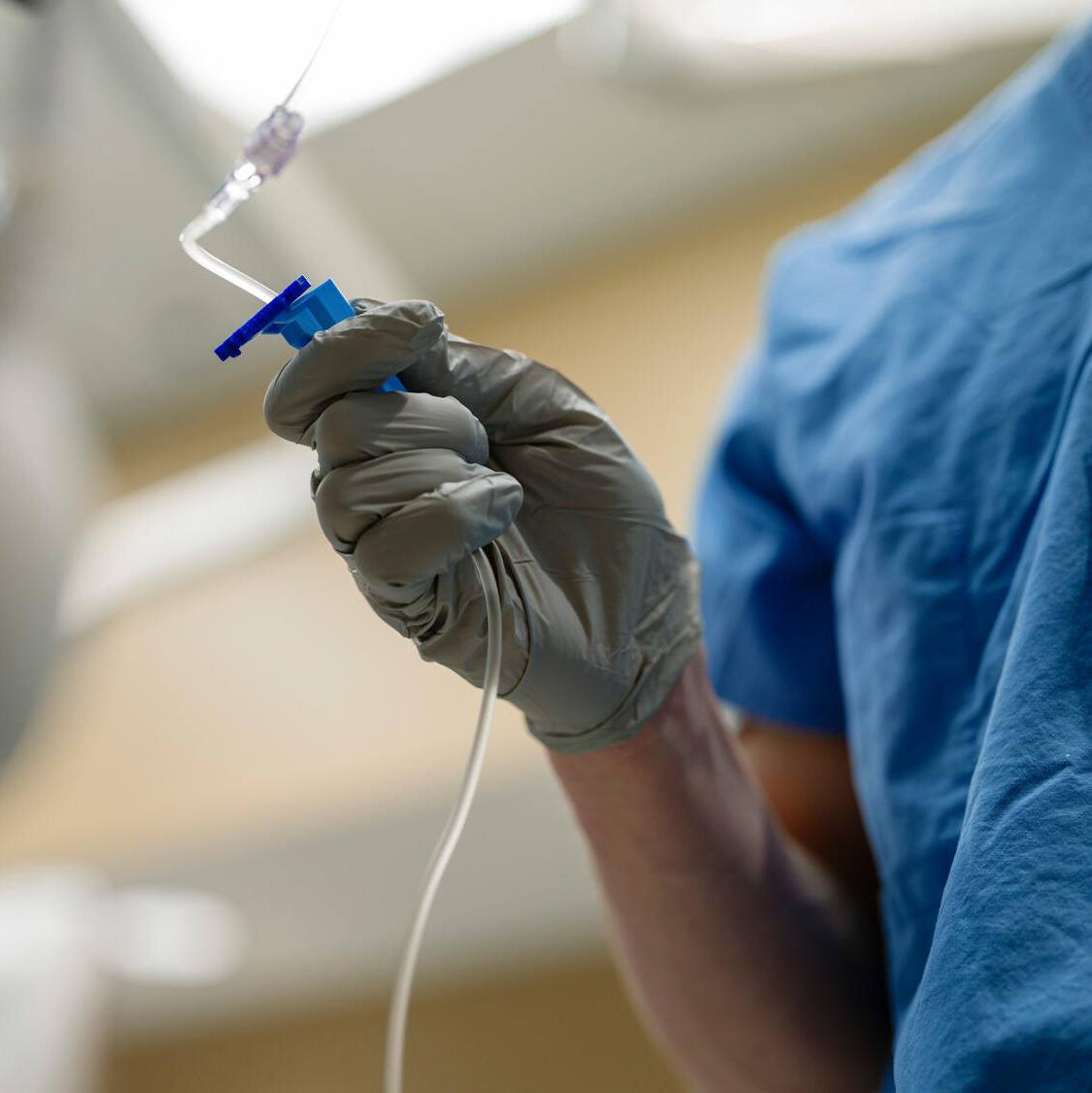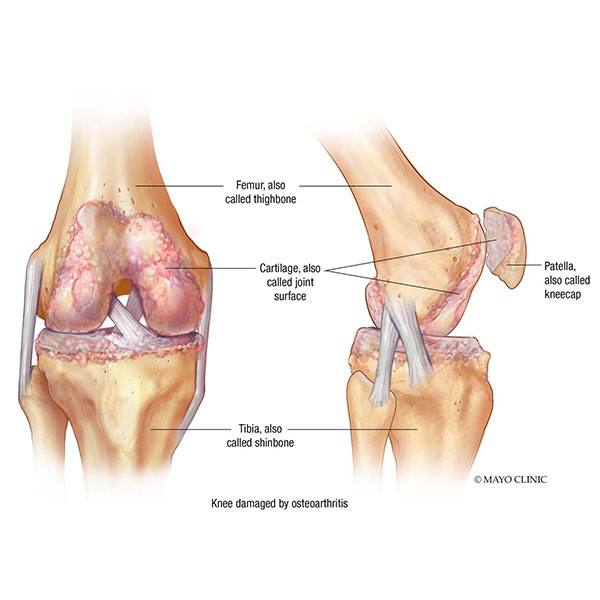-
The dynamic role of clinical research coordinators
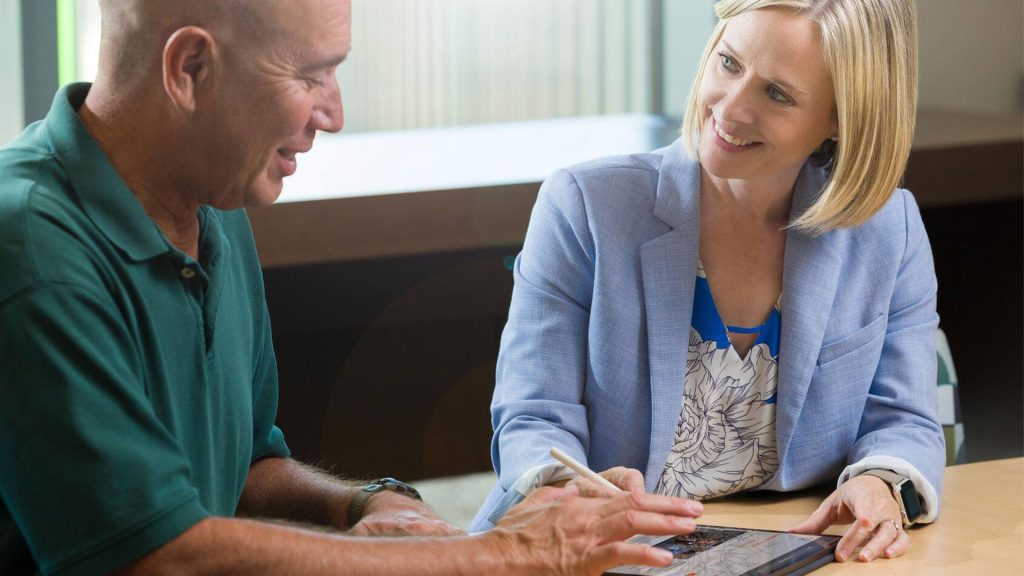
Clinical research coordinators manage the day-to-day activities of clinical trials, from recruiting and obtaining consent from participants, to collecting data and tracking adverse events. Known as "CRCs," their job is one of the most vital in research.

"The work of CRCs is highly valued and positions Mayo Clinic as a leader in clinical trials and at the forefront of providing hope and innovative treatments to patients," says Naveen Pereira, M.D., director of the Office of Clinical Trials in the Center for Clinical and Translational Science.
At Mayo Clinic, CRCs support thousands of studies across the enterprise. The role is dynamic, full of opportunities for growth, and much more.
Discovering the unexpected
Carl Griffin II is a lead CRC in Cardiovascular Research. When he first began working as a CRC, he was prepared for a challenge but did not anticipate how absorbing and complex the job would be.
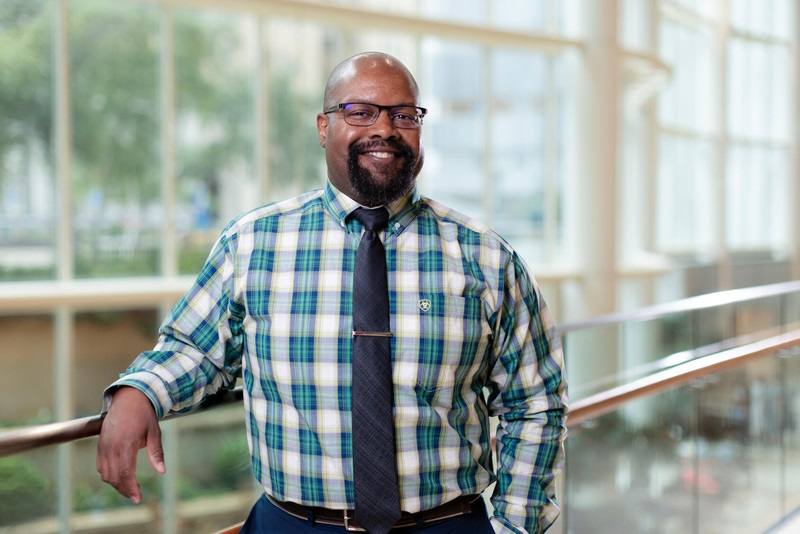
"The intricacy of the work — how you take a participant from start to finish and all of the different pieces of study management involved — surprised me," he says.
A few years into the role, Griffin highlights the job's multifaceted nature as one of its best features. Every day brings new challenges and learning opportunities.
Patsy Caceres Figueroa, a senior CRC in Cardiovascular Research, says that before taking on the role, she did not realize how much work went into producing research publications. She also didn't anticipate how much she would love working with study participants. For her, one of the most rewarding perks of the job has been the long-term relationships she has built with people who volunteer to participate in research.
"We work with participants, sometimes for years, and get to know them well," she says, noting that this personal connection has helped her find added fulfillment in her work.
A strong, supportive team
At Mayo Clinic, the sense of community among CRCs is important to their success. This supportive environment ensures smooth operations and fosters an environment where CRC team members feel valued and have a sense of belonging among team members.
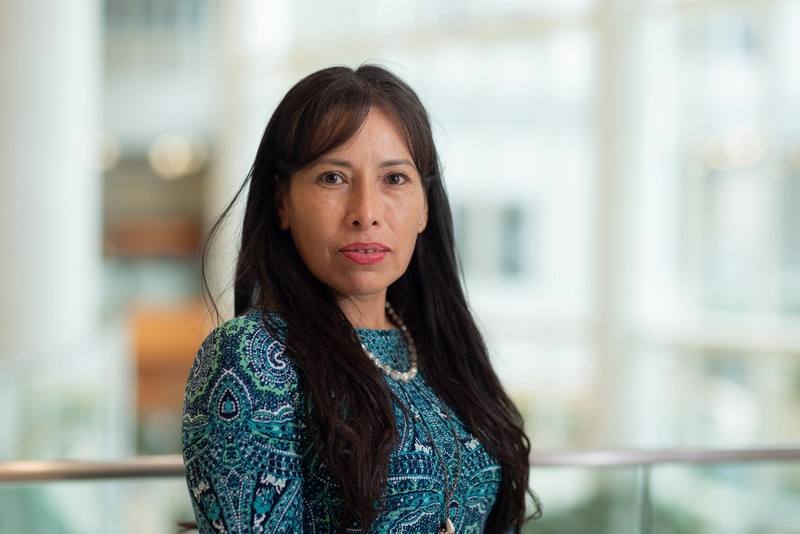
Caceres Figueroa recalls when her team rallied around her after the loss of her grandmother.
"I was coordinating a complex industry study during a particularly busy time," she recalls. "But my team was ready to help me, taking over my duties so that I could be with my family."
Griffin, who balances work with raising young children, says he also values his team's supportive spirit.
"Knowing that my colleagues are there to cover responsibilities when needed—and that I’ll do the same for them—makes all the difference," he says.
Professional growth opportunities
As Griffin reflects on his time as a CRC, he notes how the job has given him opportunities to enhance his skills and boost his confidence. He says he has particularly benefited from training new colleagues.
"I don’t think three years ago I would have felt confident doing that," he says. "I would have been quietly panicking about it. But now it just feels relaxed."
Caceres Figueroa also appreciates how Mayo Clinic has supported her professional growth, particularly through training resources designed exclusively for clinical trials staff. She's pursuing a certification course to improve her knowledge of clinical research.
Beyond their core roles, Griffin and Caceres Figueroa participate in broader aspects of research, which enriches their careers. Griffin is working with a team to enhance scheduling procedures, and Caceres Figueroa has begun learning the ropes of auditing. Both are enthusiastic about contributing to continuous improvement in their work unit.
"I feel so fortunate to be in this position and in this job," says Caceres Figueroa.
Learn more
- Read more about the essential role of clinical research coordinators in clinical trials: Clinical research coordinators: Advancing research, improving care.
- Explore a life-changing career as a Clinic Research Coordinator.






